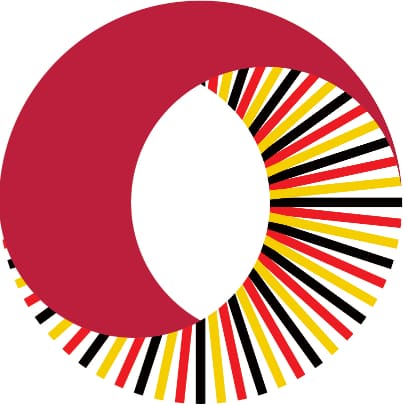WG1: Expert Workshop on Increasing Public Acceptance of Wind Energy Projects in Japan and Germany
On Monday, May 22, the workshop on increasing public acceptance of wind energy projects took place in Tokyo. The workshop, was opened with introductory words by Marcus Schürmann, CEO and Delegate of the German Chamber of Commerce and Industry in Japan (AHK Japan). He emphasized that public acceptance is a result of open dialogue and appreciation of the values of the various stakeholders, and that exchange formats are therefore of great importance.
The introduction was followed by presentations of current developments in the field of wind energy policy in Germany by Anton Hufnagl (Federal Ministry for Economic Affairs and Climate Action), and in Japan by Keisuke Muto (Ministry of Economy, Trade and Industry). Both speakers emphasized the significance of public acceptance for the promotion of important renewable energy projects and addressed the respective country-specific challenges and efforts in the development of wind power.
The subsequent expert keynotes by Irina Rau (IZES gGmbH), Dr. Memi Motosu (Nagoya University), Akihiro Sando (Renewable Energy Institute) and Wiebke Heider (Energiewende Mediation) gave the participants interesting insights into what public acceptance means in theoretical, concrete and practical terms, what factors play a role in this, what influence energy projects can have on a regional level and what solutions need to be considered.
The workshop showed that in Japan, in particular, the challenge of reconciling fisheries with the development of offshore wind energy projects is a complex one, where various interests and local circumstances must be taken into account in order to reach a viable consensus among all stakeholders. In Germany, by contrast, onshore wind energy plays a more important role because suitable areas near the coast for offshore wind energy are more limited. Public participation in the wind energy expansion process is therefore also a major issue, because wind turbines alter the appearance of the landscape and civil opposition to them must be taken seriously.
The experts argued that communication and understanding for different interests as well as the early involvement of affected stakeholders are particularly important elements that should be considered crucial for successful project implementation.
A panel discussion with experts from industry, research and municipal administration as well as a group discussion format concluded the workshop. The group discussions proved to be of great value, giving participants the opportunity to discuss what causes, concerns and obstacles need to be overcome in order to implement wind energy projects more quickly in the future and in harmony with the local population and other stakeholders.
Many thanks to all experts for the interesting impulses and to all participants for their active participation, especially in the insightful discussions.

